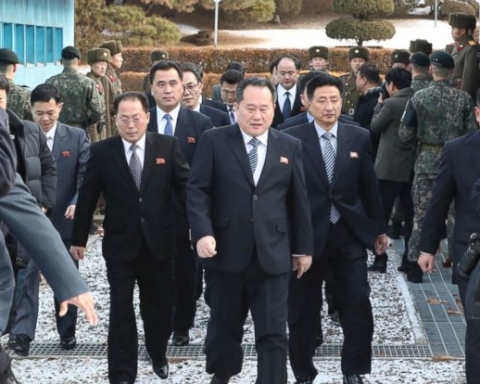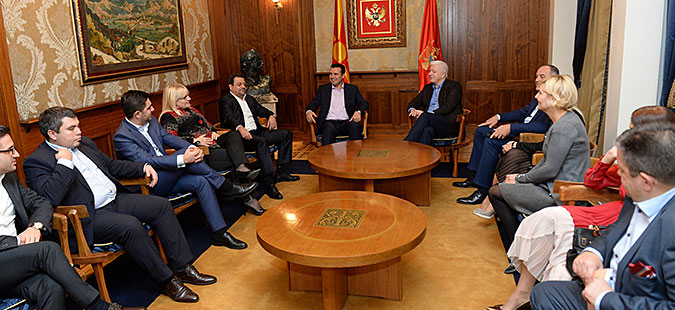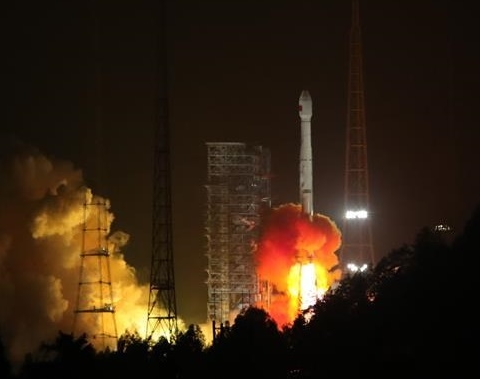On the eve of U.S. President Donald Trump’s visit to Asia, North Korea has alleged that the U.S. military practiced ‘surprise strike’ bomber runs on key targets in its country. North Korea’s official KCNA news agency said on Thursday that U.S. B-1B bombers ‘simulated surprise attacks’ on the country overnight. The move by U.S. further inflamed tensions just ahead of Trump’s visit to Asia. North Korea claims that the simulated strike was conducted in an effort to ‘threaten and blackmail’ its leader Kim Jong Un’s regime. KCNA said, “The frenzied U.S. scheme of threats and blackmail, which aims to crush our republic with nuclear (weapons) continues in November as it did in October. The U.S. may make frantic last-minute efforts to block our powerful advances by shoving nuclear strategic assets at us, but our army and people are not ones to be startled.” KCNA added that the bombers’ movements only inflamed an already tense situation with three U.S. nuclear-powered aircraft carriers now operating in the western Pacific. General McMaster, however, pointed out, “His trip is a great opportunity to demonstrate America’s and the Trump administration’s commitment to the Indo-Pacific and our efforts to strengthen longstanding American alliances and expand new partnerships”, Experts believe that Trump’s meetings with Chinese President Xi Jinping will likely be key to the tour. Trump is expected to pressure China on multiple fronts, including the most contentious issues – North Korea. McMaster said, “China is definitely doing more but obviously it is not enough until all of us achieve denuclearization.
Latest from ASIA
At the invitation of Chinese Foreign Minister Wang Yi, Dmytro Kuleba, the Minister of Foreign Affairs
The official media of the Democratic People’s Republic of Korea (DPRK) today called on the international
China and Kyrgyzstan today agreed to establish a comprehensive strategic partnership. The agreement was reached during
After days of touting success in managing to bring the leader of the rogue nuclear regime
China will launch another 11 BeiDou-3 satellites by the end of 2018, adding to its domestic








